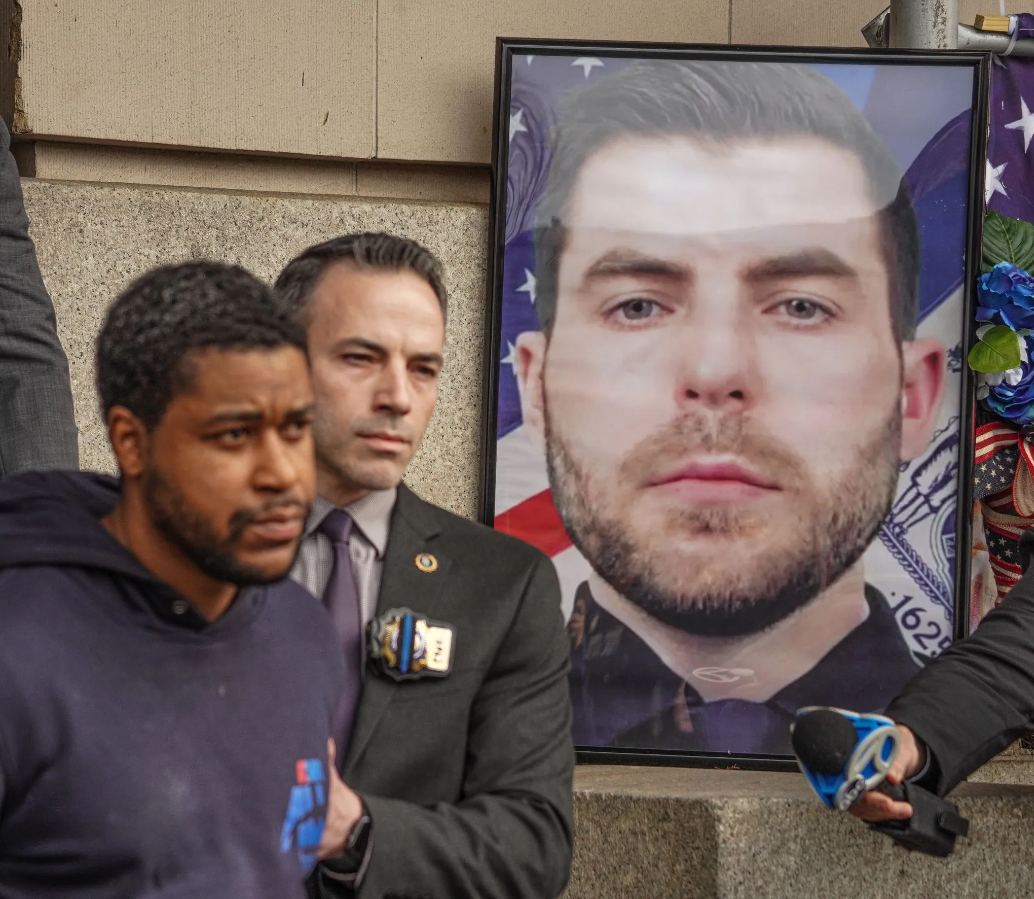For seniors in high school and college, graduation is quickly approaching. Soon they’ll have to choose whether to pursue more schooling or jump directly into the workforce when the nation is still reeling from the Great Recession. Having a college degree may ease their way into the work force, some experts say.
At Stony Brook University, the Student Activities Center was bustling with activity on a night dedicated to seniors graduating this May. The SBU Graduation Fair, held on March 26, gave students the opportunity to speak with career counselors as well as inquire about class rings and cap and gown sizes.
One of those in attendance was Matthew Ivins, a Shoreham resident who has spent his time at Stony Brook studying English and Environmental Studies.
When asked whether he would pursue a graduate degree or start his search for work, Ivins said that he plans to look into both alternatives.
Asked about finding a job in this tough economy, Ivins admits that “it’s terrifying and daunting,” but he remains optimistic.
“Still, if you work hard enough, I think you’ll find something,” he says. “It might not be what you want right away, but if you follow through, I think that you can eventually get to where you want to be.”
Ivins already has something to look forward to: his planned summer internship with a sports management company working with the U.S. Woman’s Open in Southampton this June. He credits his previous internship with the University’s athletics department for making it possible.
Internships and extracurricular accomplishments used to be nice things for students to have on their record, but now they’ve become a necessity, according to Andrea Lipack, the associate director of employer relations at Stony Brook University.
“Are there students who still graduate without them and find employment? I’m sure,” said Lipack. “But the opportunities that are presented to them are far fewer.”
Lipack, who works with more than a dozen other colleagues at the SBU career counseling center, estimates that only 30 to 40 percent of the 24,000 Stony Brook students on campus likely use the center, whose services range from engaging employers to organizing job fairs and securing internships.
“My biggest piece of advice is to be open and flexible and not stereotype opportunities,” said Lipack. “We encourage [students] to be well-rounded and to get involved outside the classroom, through experiential experiences or through those extracurricular activities.”
Whether high school graduates should attend college or join the workforce is up to them, Lipack says.
“There’s fields out there that are more vocational where a college degree might not be necessary for what they want to do and that’s fine,” says Lipack. “I think starting high school students with work experiences early is a good idea for that reason.”
According Shital Patel, an associate economist at the New York State Department of Labor, Long Island has had a high level of unemployment for several years.
But in 2012, Long Island showed a 2 percent job growth in low-wage jobs such as restaurant work or retail.
In Nassau County the unemployment rate was 8 percent for those without high school diplomas, and a bit lower, 7.8 percent, for high school graduates. For those with a bachelor’s degree, the unemployment rate is 4.9 percent. Roughly the same figures apply to Suffolk County.
“Your job prospects are better by having a degree,” said Patel. “Pursue something that you enjoy and also look at what other skills are necessary to gain jobs in that industry.”


























